At the recent Arkansas County Judges Association meeting, a panel discussion explored the burgeoning popularity of gravel cycling and its potential to boost economic development in rural counties across the state. Runway Group representatives Katie Parsons and Andy Chasteen shared the success story of the Arkansas Rural Recreational Roads (R3) initiative in Benton County (More information here and here).
The R3 program highlights how well-maintained gravel roads can attract gravel cycling enthusiasts, leading to increased tourism and revenue for local businesses. The panel also featured Brannon Pack from the Ozark Foundation and representatives from the Arkansas Department of Agriculture, and The Nature Conservancy, showcasing a collaborative effort to promote responsible use of these rural roads.
“There are three key factors explaining why we’re seeing this growth in gravel cycling,” according to Brannon Pack. “One is access, we’re pushing 70,000 miles of unpaved roads here in Arkansas. There is an accessibility that other states don’t have. Two, there’s a lower barrier of entry into gravel cycling including lower technical abilities needed compared to mountain biking and lower traffic density making it attractive to less experienced cyclists. Lastly, the scenic quality, we call it the Natural State for a reason. I’ve been from the Ouachitas to the Ozarks to Crowley’s Ridge to the Delta, I’ve seen it all from behind the handlebars and it’s absolutely stunning.”
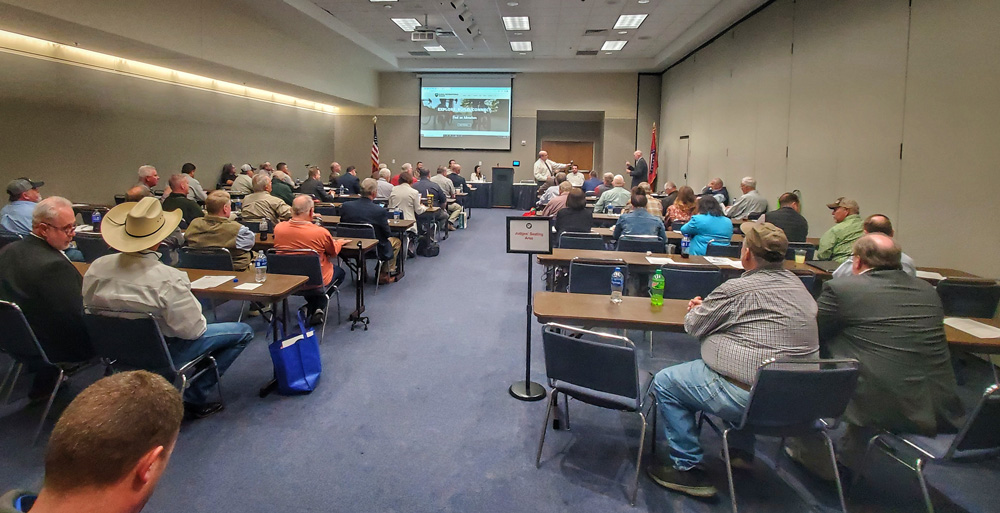
Beyond the discussion on gravel cycling, the session delved into the state’s Unpaved Roads Program. This program offers crucial funding to counties for improving the quality of gravel roads. These improvements not only benefit cyclists by creating safer and more enjoyable riding experiences but also enhance the overall condition of the roads, minimizing runoff and erosion. This translates to better infrastructure for both motorists and residents in rural areas.
“A mountain bike trail has a trailhead where you park and you ride that trail for your experience,” explained Andy Chasteen. “We came up with this idea for hubs that are located in small communities throughout the county and that’s where a gravel cyclist can drive to, they can park their car, it’s close to a bed and breakfast, restaurants, coffee shops, and that creates an economic driver for that community.”
One of the other things that the R3 initiative has worked on is building relationships with the people who live and work on these roads.
“We go out and ride these roads for the same reason that many of folks live on these roads,” said Chasteen.
The Arkansas County Judges Association emerged from the session with a renewed understanding of how gravel cycling can be a boon for rural economies. The Unpaved Roads Program was presented as a valuable tool to ensure these roads are up to par, not just for cyclists, but for all who utilize them. This collaborative approach, combining economic development with responsible infrastructure maintenance, paves the way for a brighter future for Arkansas’s rural communities.
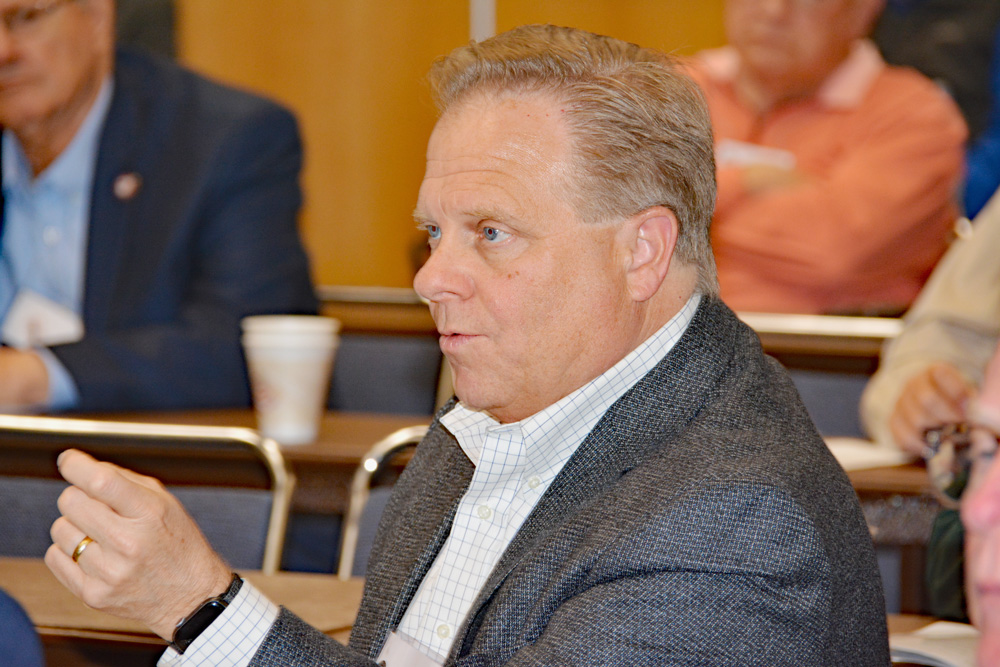
Benton County Judge, Barry Moehring, spoke to the economic benefits of inviting cyclists to ride the gravel roads throughout their county, “In Benton County we are a little ahead of the curve in terms of this gravel road phenomenon, it’s huge. We’re liking it to what skiing is to Colorado. But I’ll tell you, your gravel roads are potential money makers. Our small towns, Pea Ridge, Gravette, Gentry, they love having these riders come to their towns now.”
For counties or communities interested in learning how to create a hub in their small towns, they can go to the R3 website and download the toolkit.



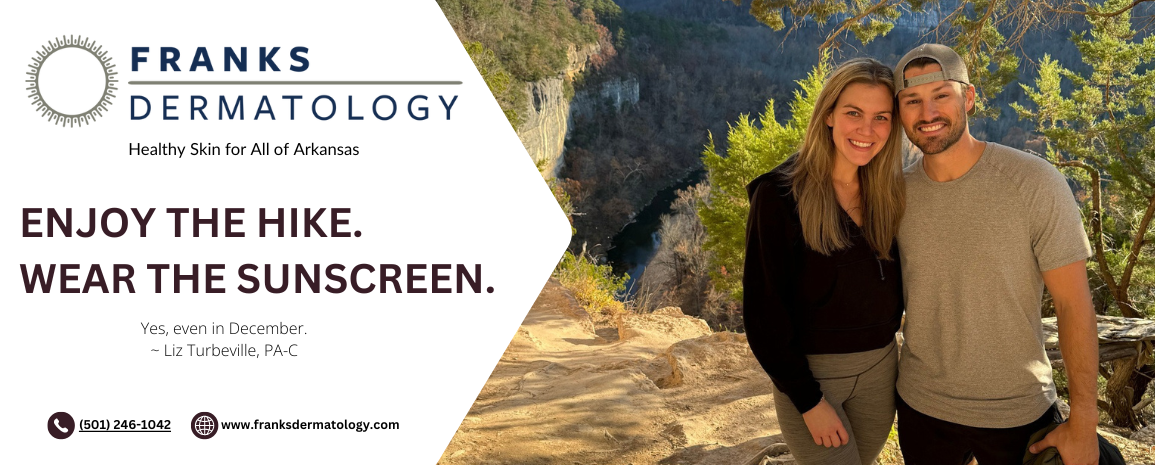
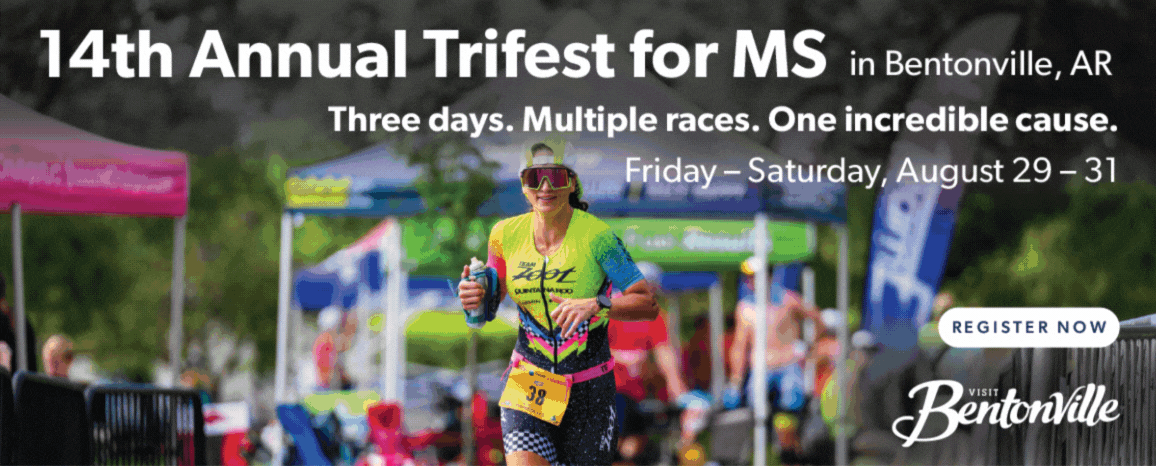
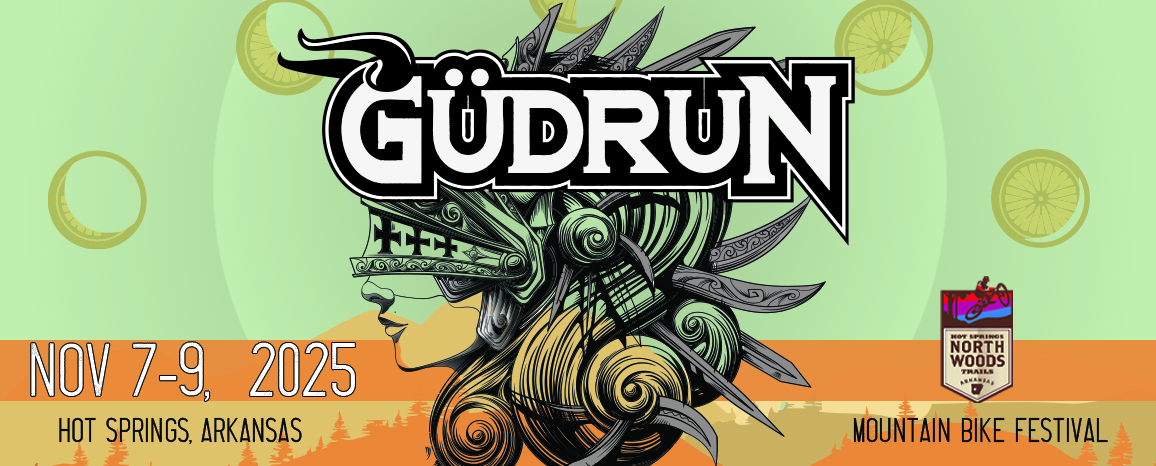

One Response
A lot of Gen X’ers and Baby Boomers ride city or hybrid bikes because they can’t handle the physical requirements of mountain biking. How many non-mountain bikes can withstand gravel roads without constant flat tires? That’s not mentioned anywhere. Nor is it easy, especially for older people, to change a tire these days. I’m sure the county judges are all for the “economic boom” of gravel biking – admittedly, paved bike paths ARE expensive, no doubt about it, but I think the economy would get a better boost from vacationing families and retired people who want/need pave bike paths along pretty, scenic routes.